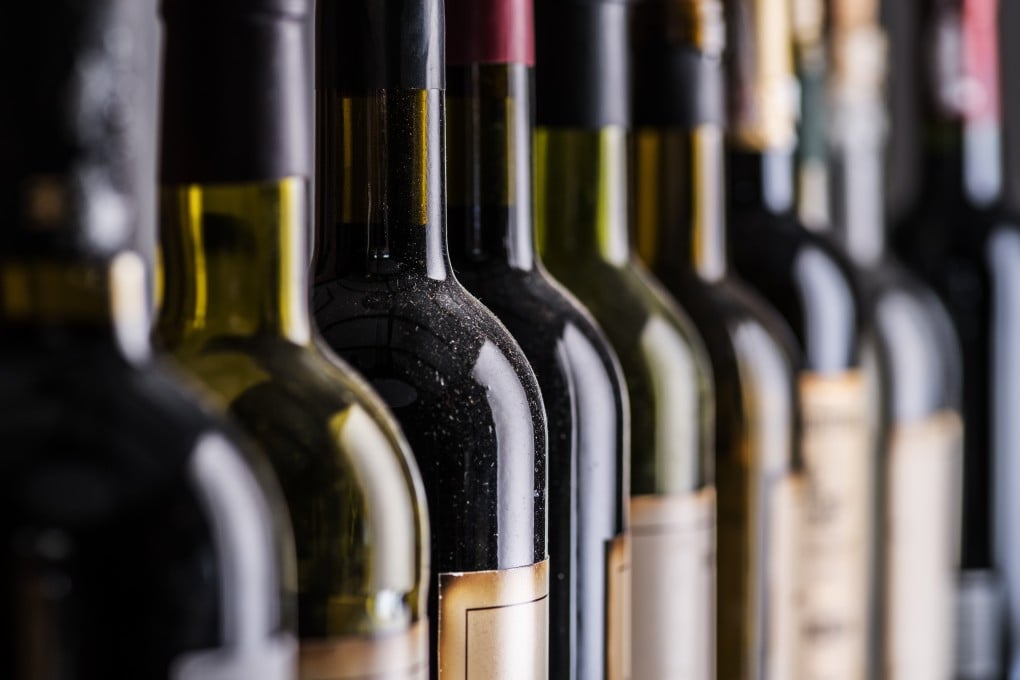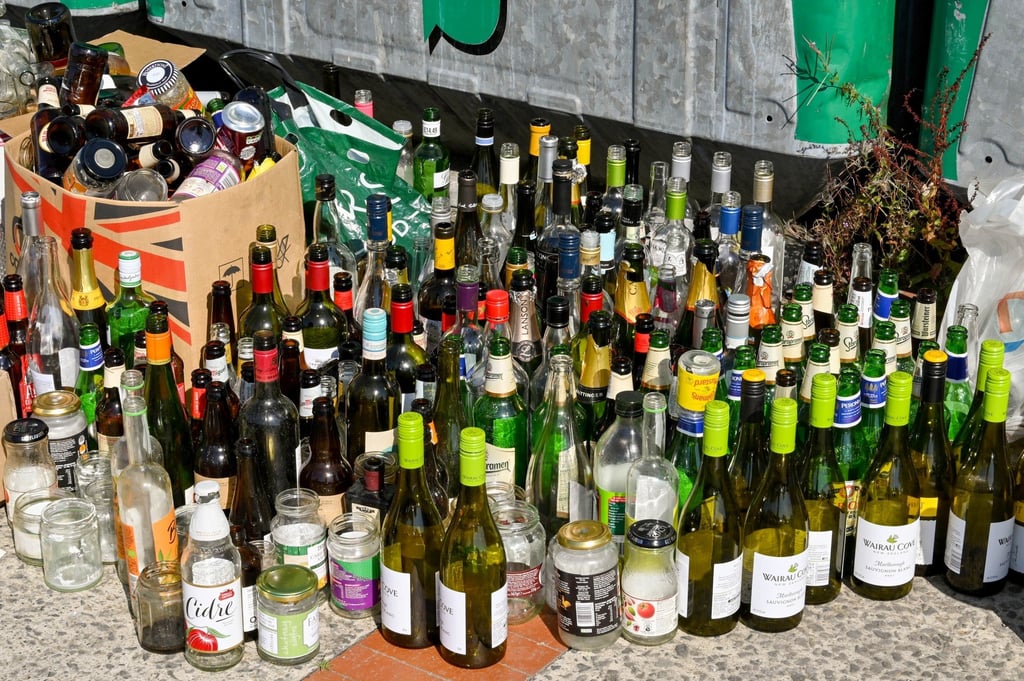Opinion | Why are some wine bottles so heavy, and do we need them at all? The case against excessive wine packaging and its heavy carbon footprint
- As drinking wine became more popular in the 2000s, some producers started using heavier bottles to distinguish their wines, increasing their carbon footprint
- Things got so bad that wine expert Jancis Robinson began publishing lists of the worst offenders. Scientists are now seeking alternatives to bottles for wine

Have you ever noticed that not all wine bottles are created equal? The tall and slender Rieslings, the iconic square-shouldered Bordeaux, the round and soft-contoured Burgundies. Transparent, green or brown. Corked or screw-capped, foiled or waxed, plainly or artistically labelled.
And then perhaps at the periphery of our attention, a distinction that is tactile rather than visual – some bottles feel light while others are surprisingly heavy.
Wine industry veterans remember simpler times, when all wines weighed roughly the same, just a few decades ago. It was the dichotomy between the rapid commoditisation of wine brought by the rise of the supermarket and the exponential growth of a global fine wine trade that shifted the packaging norms.
By the turn of the century wine had simultaneously never been cheaper and more expensive, and bottles started to play a crucial role in distinguishing wines produced for speculation from those made for everyday drinking.

Cue the era of lavish wine auctions for investment bankers, Robert Parker scores galore and bottles with punts so deep and glass so thick that they feel like magnums and require two hands for a controlled pour.
By the early 2010s things had got so out of hand that renowned British wine critic and writer Jancis Robinson started to campaign against unreasonably heavy bottles by regularly publishing lists of the worst offenders.
